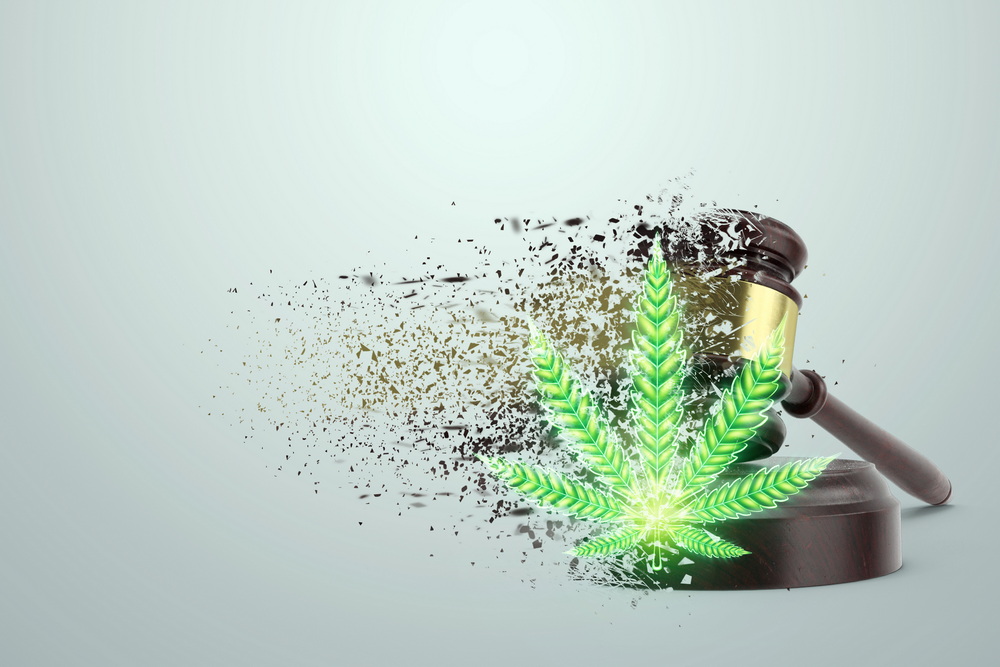Beyond Dental Anxiety and Fear: Your Path to Relaxation

Oral health is considered one of the most crucial aspects of your overall physical and mental health. It is recommended to visit your dentist regularly, but this could sometimes be accompanied by a fear or phobia. Fear of visiting a dentist has been clinically termed dentophobia or odontophobia.
Fortunately, dental anxiety and fear are well addressed by the dentist in Maryville, TN. They counsel you to ease your fears and make you more comfortable during your dental visits and procedures.
An insight into dental anxiety and fear
Dental anxiety and fear are clinically termed dentophobia or odontophobia. Phobias are a type of anxiety disorder that leads to excessive fear of an event or situation that is not actually harmful.
Dentophobia manifests as an extreme fear and a feeling of anxiety before every dental appointment. This could occur irrespective of counseling or repeated efforts to make you feel comfortable. Dentophobia often leads to avoiding the dentist altogether, which could negatively affect your oral health.
Causes of dentophobia
Someone with dentophobia may be afraid of the following that could trigger dental fear:
- There may be negative feelings associated with your dentist.
- Hearing someone else discuss their dental fear can spark the same phobia in you.
- You may fear the needle prick during the administration of anesthesia.
- You may panic or feel anxious due to the fear of blood (hemophobia) during dental procedures.
- Dental instruments like fillers, scalers, or drills could instill fear in you.
- Dental procedures may be accompanied by pain and discomfort.
- Sound or noise produced by drills and dental instruments.
- You may become anxious due to smells or aromas that arise due to dental products (such as dental cement, disinfectants, etc.) during your treatment.
Managing dentophobia
There are several tips that can help you cope with dentophobia during your therapies, which include:
- Ask a friend or a loved one to accompany you during your dental visits.
- Inform your dentist about your fears and keep them in the loop so that your dentist can manage your fears effectively.
- Visit your dentist during a less busy time of the day, preferably during the morning hours. This ensures less noise from other dental instruments and machines.
- Bring noise-blocking headphones, earbuds, or earphones with music to help you calm down.
- Practice deep breathing techniques to lower your anxiety levels.
Conclusion
Dentophobia is accurate, and there are several methods available to cope with dentophobia. It is also crucial to inform your dentist about your fear so they can accommodate you. But it requires patience and consistency to gradually win over your anxiety to a point where you no longer avoid getting the oral care you need.


